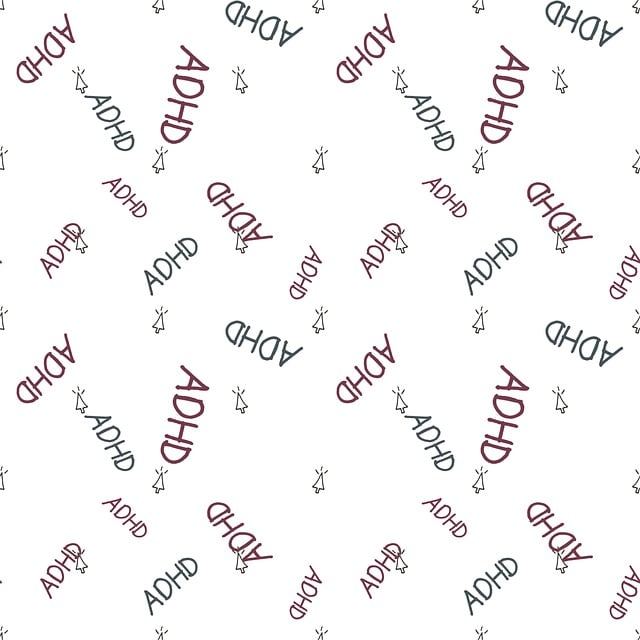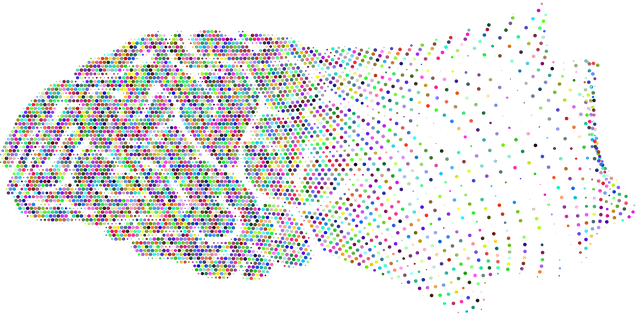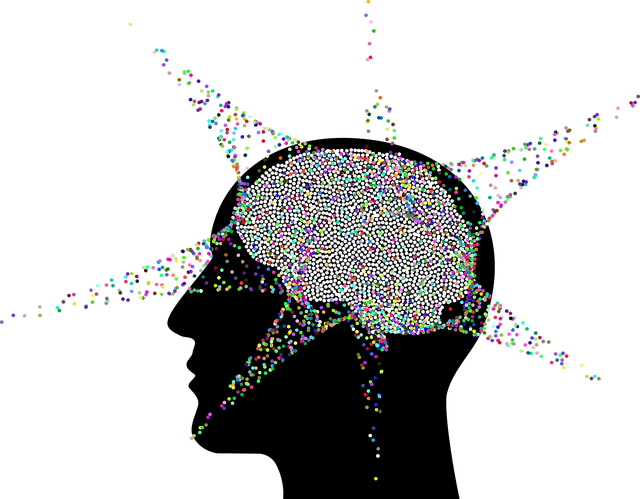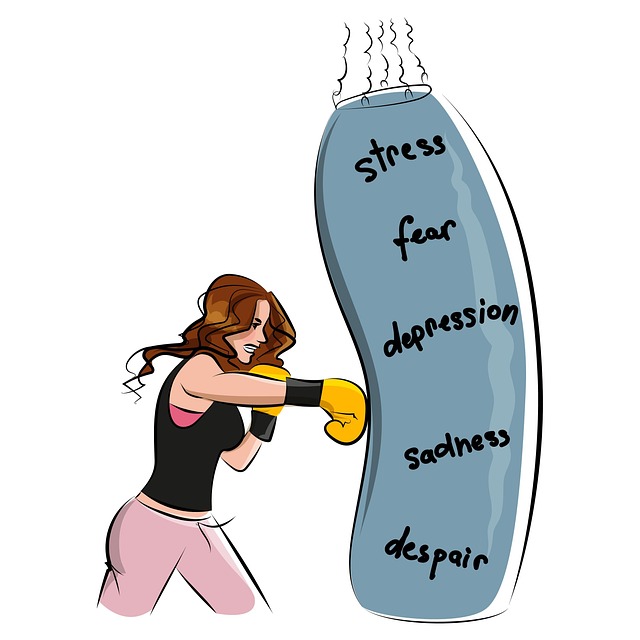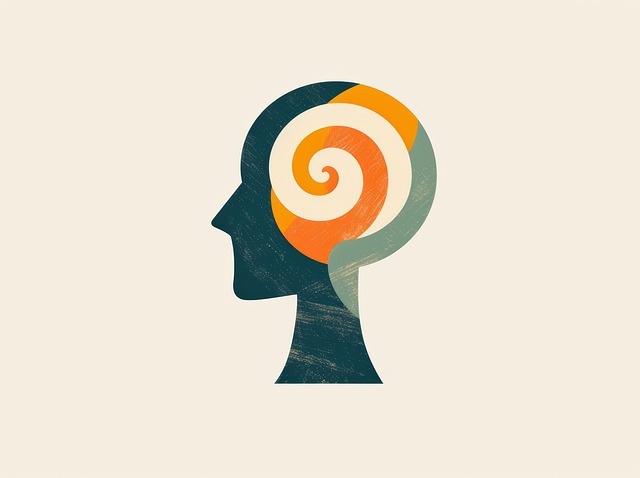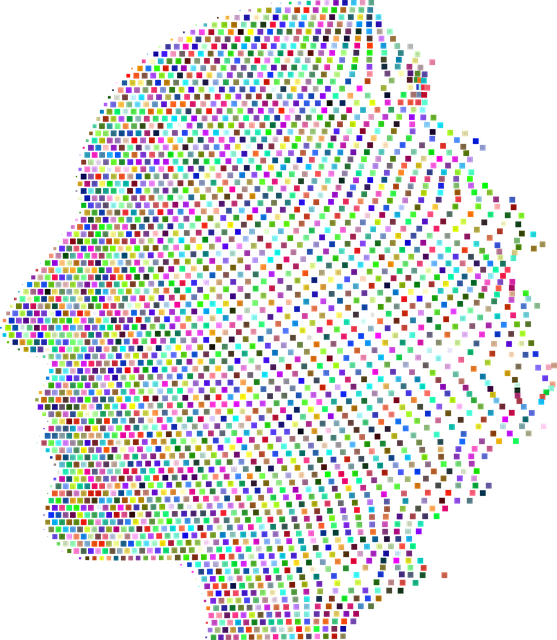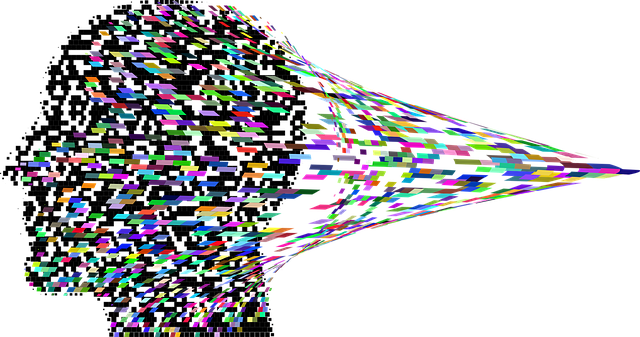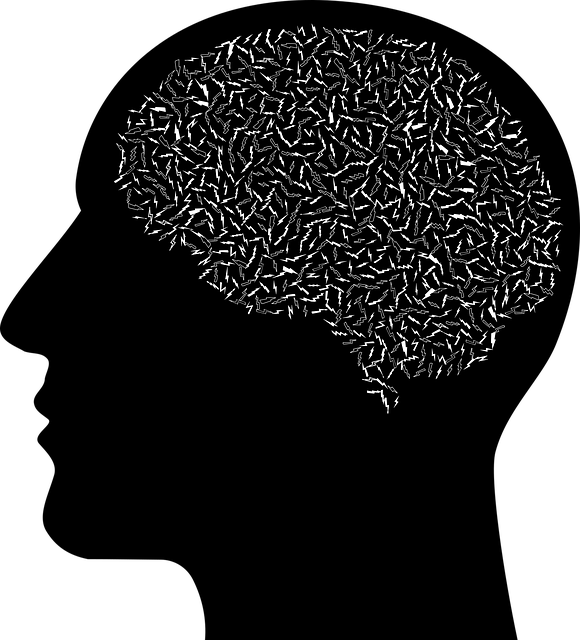The text explores the unique mental health challenges faced by elderly individuals in polyamorous and open relationships, emphasizing the need for tailored therapy approaches and cultural sensitivity. It highlights the importance of incorporating specialized techniques like anxiety relief and self-care practices through podcasts to enhance their well-being. The focus is on designing inclusive education programs that address diverse needs, cater to aging adults' specific developmental stage, and respect intergenerational connections. Key strategies include age-appropriate learning, training for healthcare providers, and comprehensive evaluation methods to ensure program effectiveness in promoting mental health for this demographic, especially regarding polyamorous relationships.
Mental health education programs play a pivotal role in fostering well-being, especially within diverse relationship structures like polyamorous and open relationships. This article explores the nuanced needs of elderly individuals in these communities, guiding program designers to create effective interventions. We delve into identifying essential components, designing age-appropriate learning materials, and ensuring cultural sensitivity. Additionally, we discuss evaluation strategies to measure the success of such programs, specifically focusing on therapy for elders navigating polyamorous and open relationships.
- Understanding Mental Health Needs of Elderly Individuals in Polyamorous and Open Relationships
- Identifying Key Components for Effective Education Programs
- Designing Age-Appropriate Learning Activities and Materials
- Incorporating Cultural Sensitivity and Inclusion in Program Content
- Evaluating the Impact: Metrics and Strategies for Measuring Success
Understanding Mental Health Needs of Elderly Individuals in Polyamorous and Open Relationships

Understanding the mental health needs of elderly individuals in polyamorous and open relationships is a specialized consideration within the broader field of geriatric mental healthcare. As societal structures evolve, more people are exploring alternative relationship models, which can present unique challenges for emotional well-being. Elderly folks in these relationships may face specific issues related to identity, intimacy, and social support, requiring tailored therapy approaches.
The integration of cultural sensitivity in mental healthcare practice is paramount when addressing the needs of this demographic. Therapists must be equipped to navigate the complexities of intergenerational connections, diverse family structures, and potential stigma associated with non-traditional relationships. Anxiety relief techniques and mental wellness podcast series production can offer valuable tools for promoting self-care and communication within these communities, fostering a sense of belonging and enhancing overall mental health.
Identifying Key Components for Effective Education Programs

When designing mental health education programs, identifying key components that cater to diverse populations is essential. For instance, programs should address the unique needs of aging individuals by incorporating therapy for elders, focusing on relevant topics such as stress management and intergenerational connections. Additionally, including discussions on polyamorous and open relationships can foster an inclusive environment, acknowledging evolving family structures.
Self-care routine development is a crucial aspect that empowers participants to take charge of their mental well-being. By teaching coping skills development and compassion cultivation practices, programs can help individuals navigate challenges effectively. These strategies not only enhance self-resilience but also promote overall mental health, ensuring a holistic approach that resonates with diverse demographics.
Designing Age-Appropriate Learning Activities and Materials

Designing learning activities and materials for a mental health education program requires careful consideration of the target audience’s needs and developmental stages. For older adults, tailored therapy approaches like those addressing polyamorous and open relationships can be valuable additions to the curriculum. These topics often require sensitive handling and should be incorporated into age-appropriate learning contexts. Activities could include facilitated discussions on relationship dynamics, with a focus on emotional healing processes specific to later life stages.
Using multimedia resources, such as videos or interactive online modules, can engage older adults while ensuring accessibility. Incorporating storytelling and personal narratives can also make abstract concepts relatable. For instance, sharing real-life experiences of individuals navigating polyamorous relationships can offer valuable insights into managing unique emotional challenges. This approach aligns with the broader goal of mental health education programs design to foster mental wellness coaching programs development, catering to diverse populations’ complex emotional healing processes.
Incorporating Cultural Sensitivity and Inclusion in Program Content

Incorporating cultural sensitivity and inclusion into mental health education programs is paramount to ensuring effectiveness and accessibility. This involves recognizing and respecting diverse identity expressions, such as polyamorous and open relationships, which have unique considerations in therapy. By incorporating perspectives from various cultural backgrounds, programs can better address the needs of a heterogeneous population, including elders seeking trauma support services. Sensitivity to cultural nuances fosters an inclusive environment where all participants feel seen and heard.
Designing Mental Health Education Programs that prioritize cultural sensitivity necessitates the integration of specific strategies. This includes providing training on unconscious biases for healthcare providers, who often play a crucial role in delivering therapy. Additionally, featuring voices from marginalized communities in educational materials ensures relevant and impactful content. Moreover, integrating burnout prevention strategies for healthcare providers within these programs is essential to support their well-being and sustain their ability to offer quality care, particularly when dealing with sensitive topics like polyamorous relationships.
Evaluating the Impact: Metrics and Strategies for Measuring Success

Evaluating the impact of mental health education programs is crucial for understanding their effectiveness and making informed improvements. When designing a program focused on addressing specific concerns like therapy for elders or polyamorous and open relationships, several key metrics can be employed to gauge success. These include measuring participant satisfaction through feedback surveys, tracking behavioral changes using self-assessment tools, and observing improvements in mental health indicators such as stress levels, anxiety, and depression.
Strategies for evaluating these programs should encompass both qualitative and quantitative approaches. Qualitative methods like focus groups or interviews can provide deeper insights into participants’ experiences and perspectives, while quantitative measures such as Public Awareness Campaigns Development can assess the reach and impact of educational content. By combining these strategies, mental health educators can gain a comprehensive view of their program’s success in fostering positive changes, particularly in areas like communication strategies and stress reduction methods tailored to diverse populations.
Mental health education programs tailored to the unique needs of elderly individuals in polyamorous and open relationships are essential. By incorporating age-appropriate learning activities, cultural sensitivity, and effective evaluation strategies, we can create impactful interventions. These programs not only enhance mental well-being but also foster understanding and support within these diverse relationship structures. Implementing such initiatives is a crucial step towards ensuring accessible therapy for elders navigating complex interpersonal dynamics.

